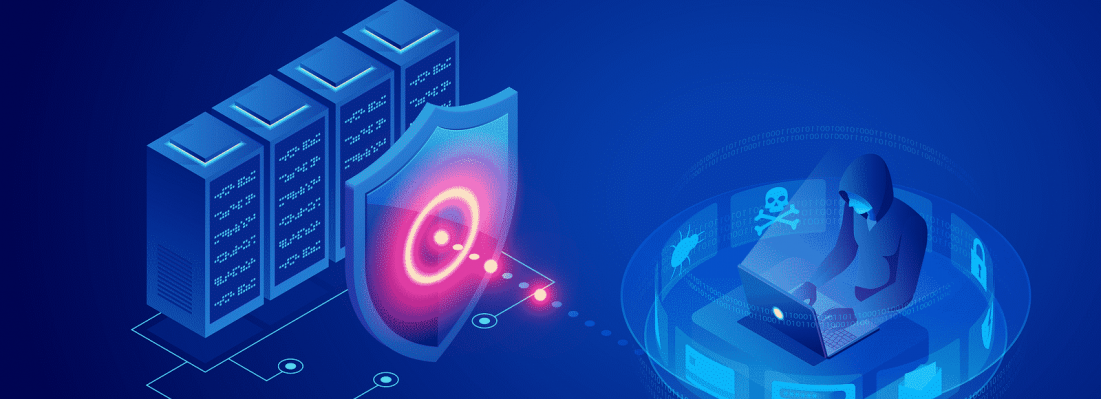Table of Contents
What is PCI DSS?
PCI DSS stands for the payment card industry data security standard. It is a set of rules and requirements that all companies that store, process, or transfer credit card details have to follow. This standard was first established in 2006. This security standard is managed by the PCI Security Standards Council.

What requirements does a company need to fulfill to comply with PCI DSS?
There are 12 requirements that are set by the PCI Security Standards Council for all businesses, organizations, and other entities that deal with credit card information. First of all, companies in the payment card industry need to use firewalls in their systems as the first line of defense against attackers. Secondly, these entities are required to have robust password procedures regarding password complexity, storage, and the frequency with which they are changed.
The next requirement specifies that all cardholder data needs to be encrypted and in addition to that, the decryption keys for the data also need to be encrypted. Cardholder information also needs to be encrypted any time it is transferred. PCI DSS also requires all devices that come into contact with personal account numbers or PANs to have anti-virus software installed. These programs also need to be updated frequently to prevent threat actors from exploiting known unpatched vulnerabilities. Generally, you should be updating all the software as soon as new versions come out, as software updates often contain patches for vulnerabilities that were recently discovered by the maker of the software or by hackers.
In order to maintain compliance with PCI DSS, you need to ensure that your business employees have access to the credit card data only on a need-to-know basis. Those that have access to this information should have unique identification numbers or credentials that grant access, so each employee that has access to the data should use a separate login. You should also keep detailed records of who accessed cardholder information and at what time. This requirement is one of the primary reasons for non-compliance in the field. It’s also crucial to limit physical access to the location where information about credit cards is held, whether it is stored on a digital device or in a handwritten notebook.
Another requirement for PCI compliance is vulnerability scanning and testing. By performing frequent testing of your security systems and employees, you will know exactly where the weak links are in your organization. Lastly, your organization needs to follow proper document policies to ensure PCI compliance. This includes having an organized inventory of all the devices, software programs, and people who have access to the credit card information.
What are some advantages of PCI compliance?
Being compliant with PCI regulations allows your business to prevent security breaches and theft of information, improve customer loyalty and confidence, as your customers don’t need to worry about the security of the information they provide to you, and it allows your business to build a great reputation with payment brands and acquirers.
What happens if my company is not compliant with PCI?
Failing to comply with PCI standards could lead to potentially devastating results that could ruin your business. For instance, your customers’ sensitive information could be compromised as a result of a security breach, which would cause major damage to your reputation and may even prevent you from building a business ever again. You could also ruin relationships with suppliers, contractors, and business partners for the same reason. Failing to comply with PCI DSS could also expose you to fines, lawsuits, insurance claims, etc.